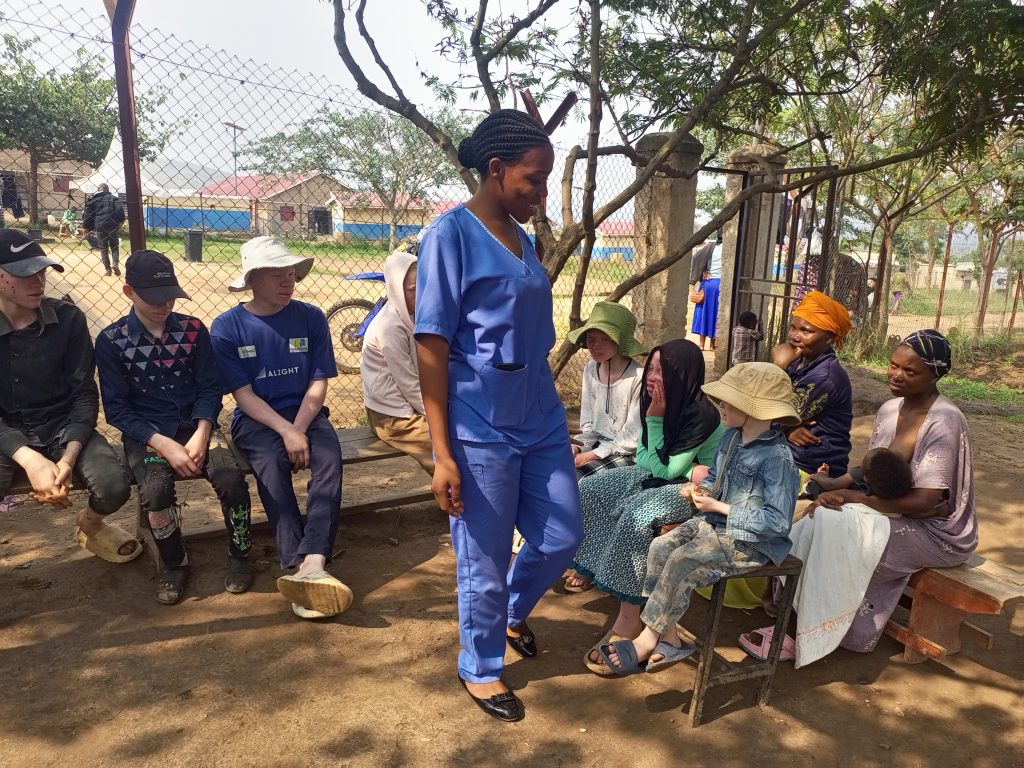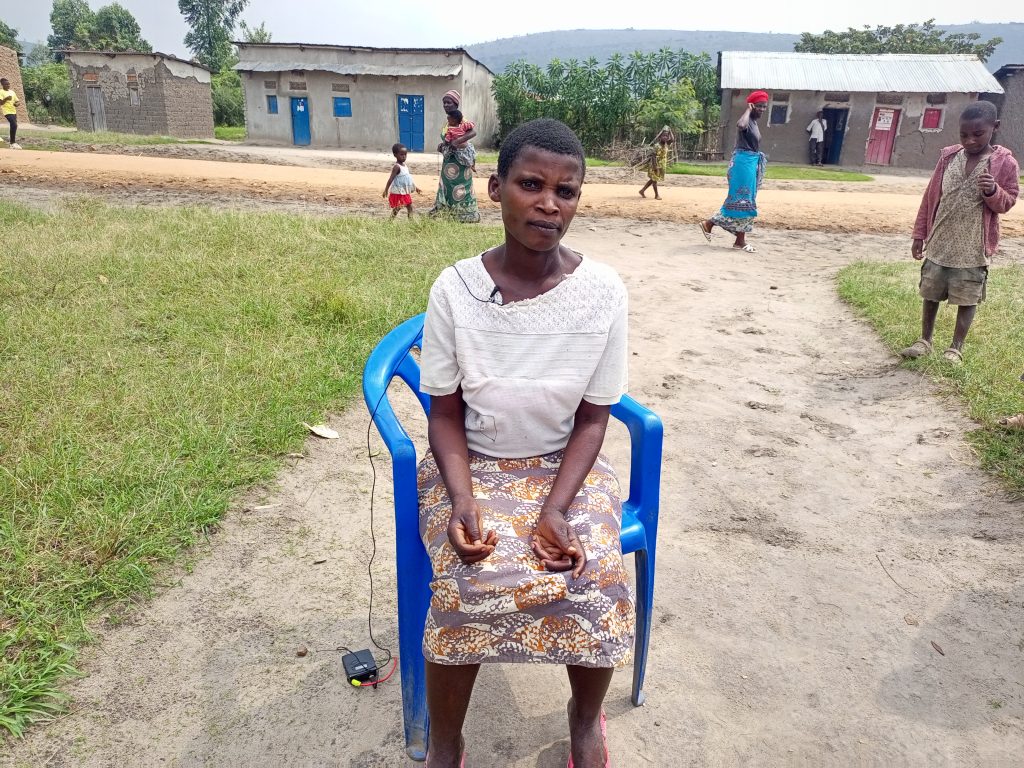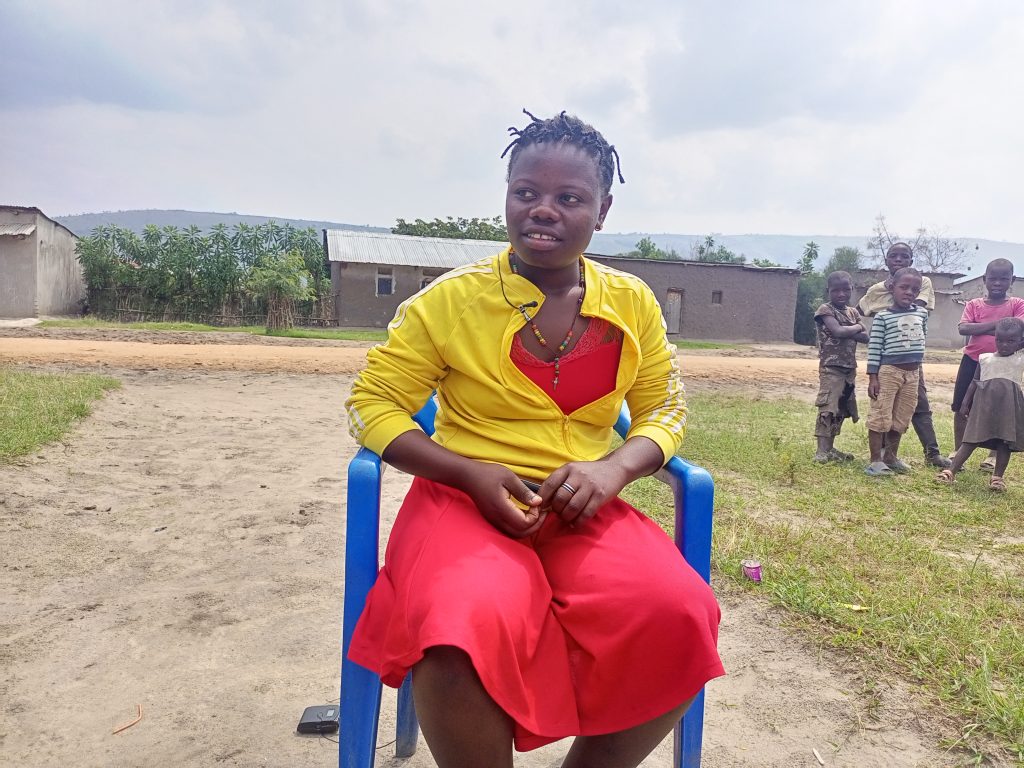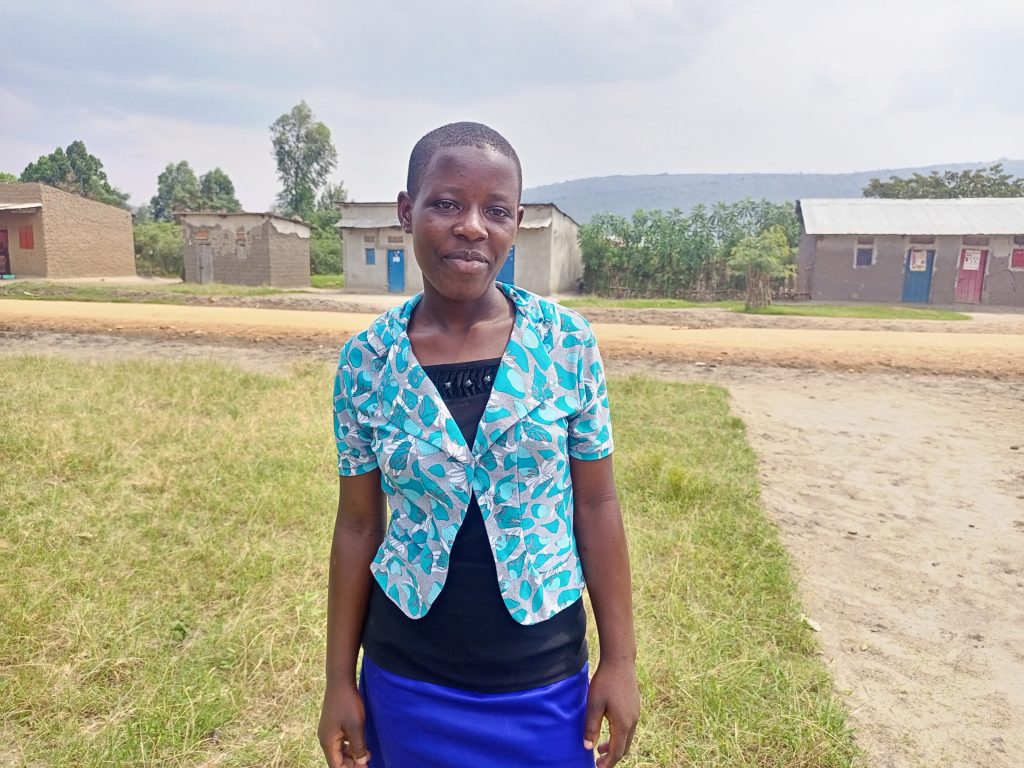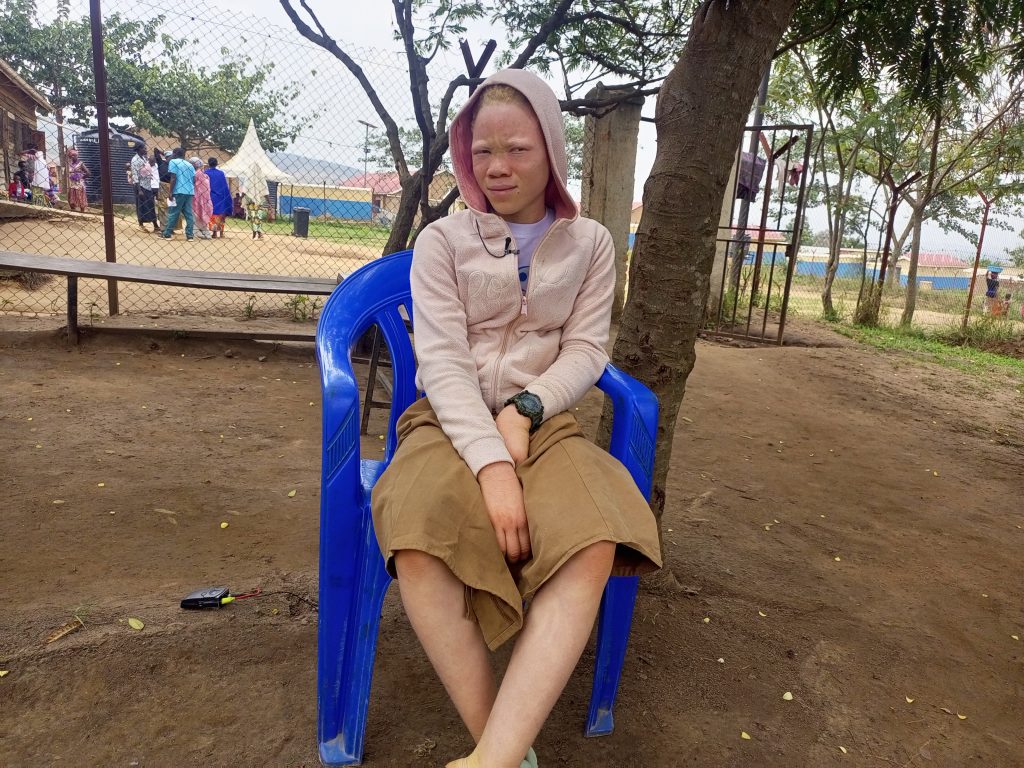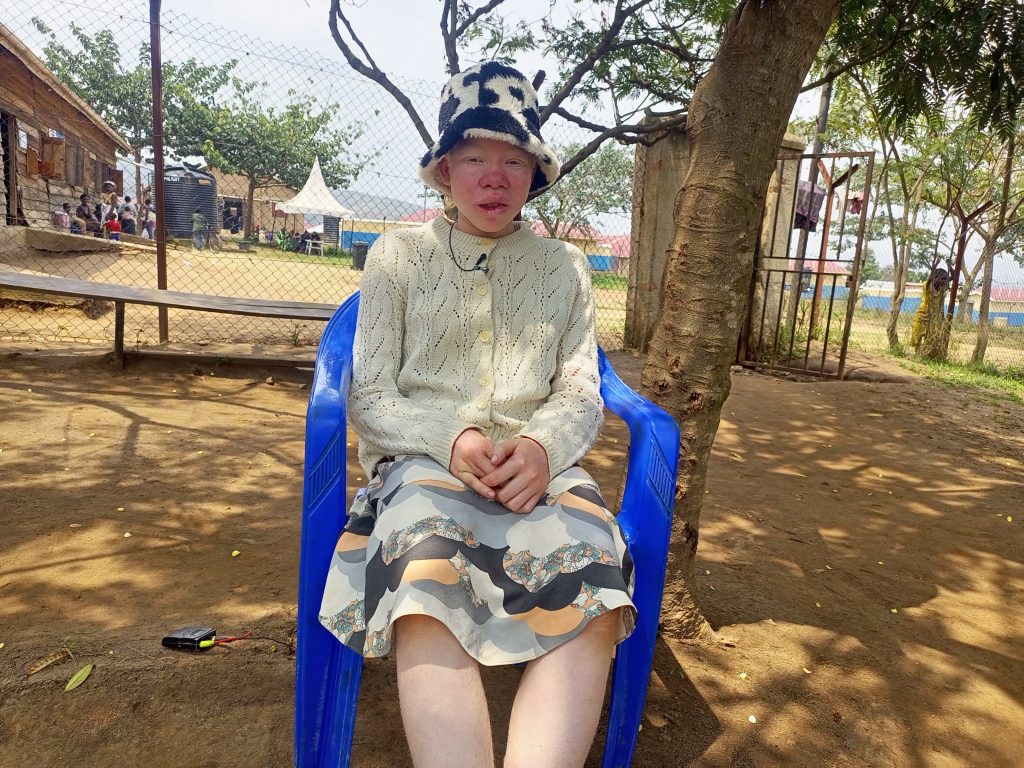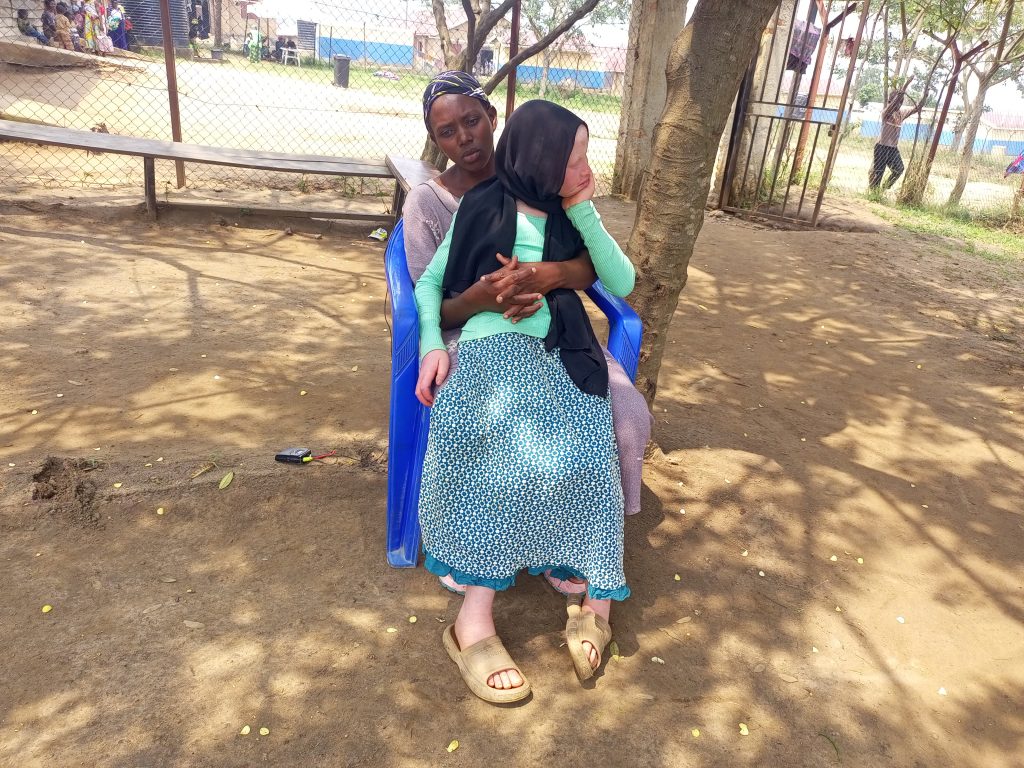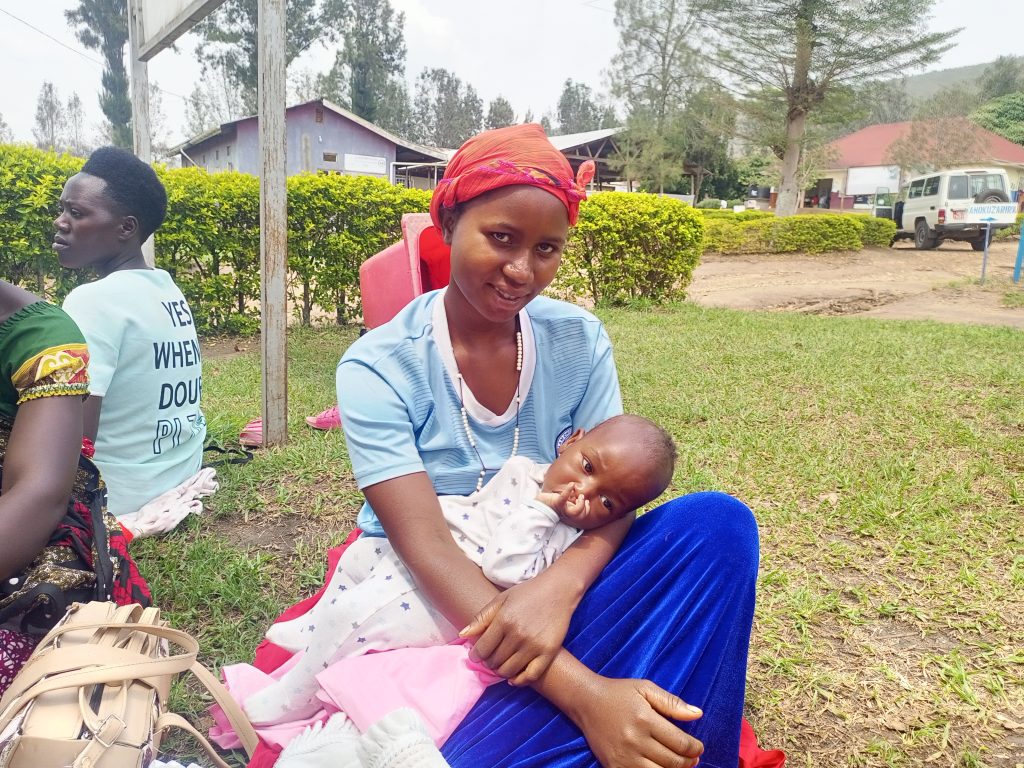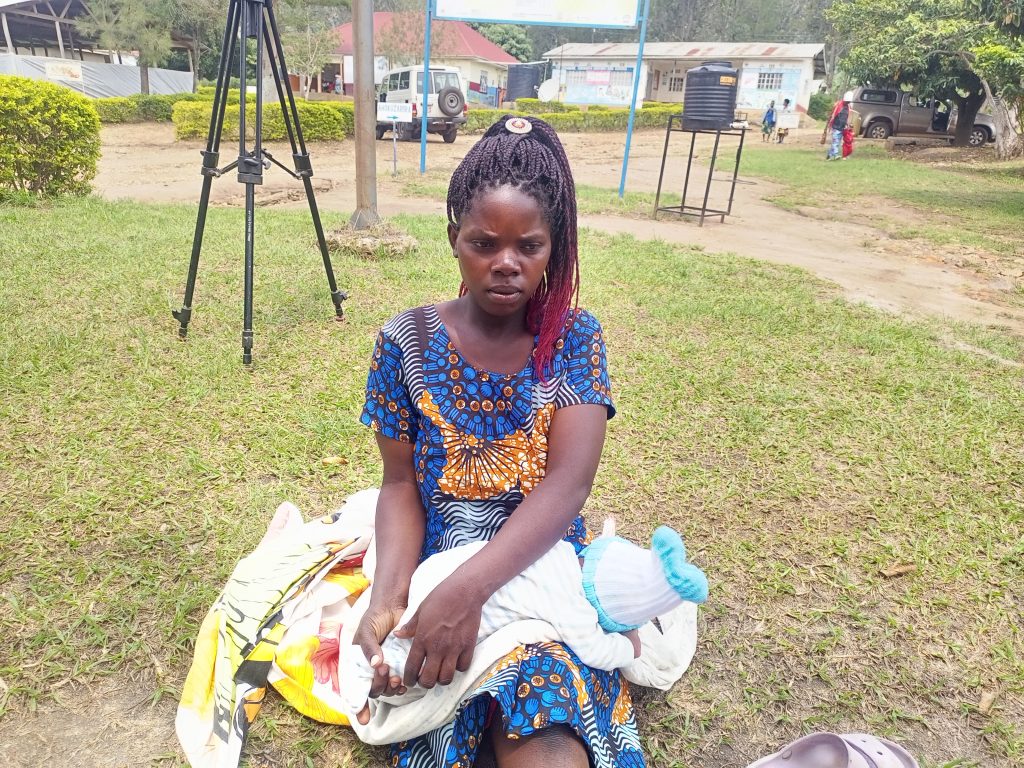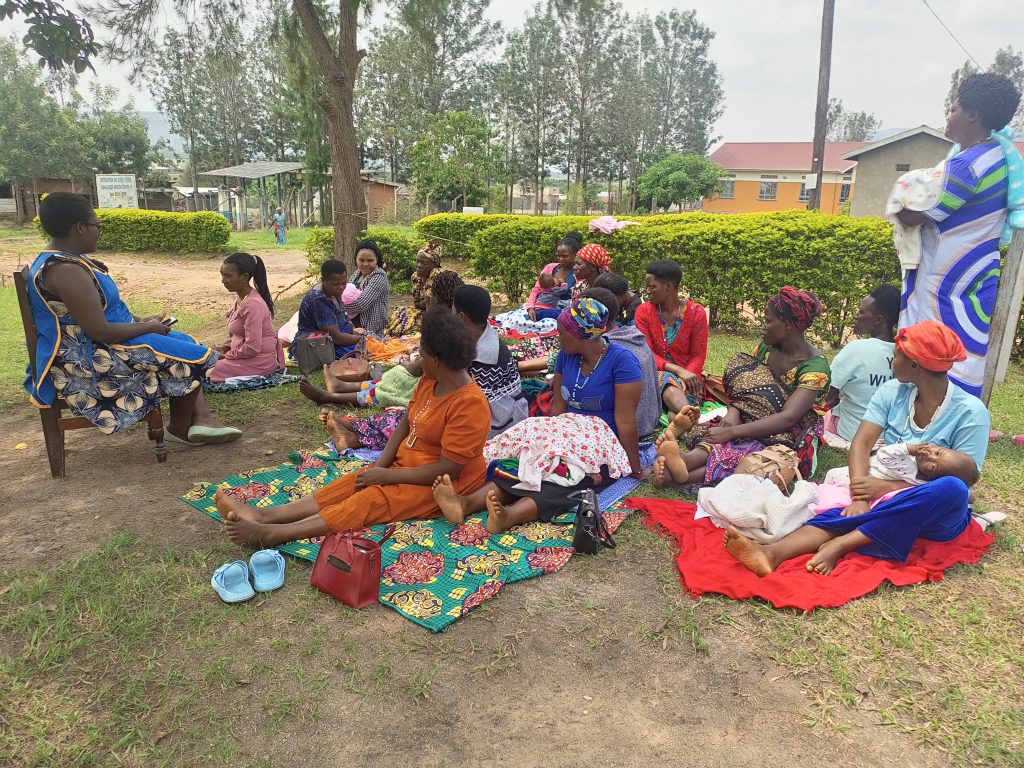Shared Action Africa Supports Albino Youths in Nakivale Settlement.
Shared Action Africa Supports Albino Youths in Nakivale Settlement.
Oyera Shiba, the Health and Sexual Reproductive Officer at Shared Action Africa, expressed her excitement after engaging with the albino community as the organization extended health and sexual reproductive services to albino youths in Nakivale Refugee Settlement, Isingiro District, Uganda. These young people have long lacked essential services due to stigma and discrimination.
Shiba explained that albino youths often face challenges both in their communities and at school. She said, “Shared Action Africa decided to train these young people and equip them with knowledge and skills to help them live safely in their communities.”
She added, “Albinos are also human beings like us. When we met with albino youths, they shared with us the challenges and problems they face because of their condition. Many told us that they are isolated in their communities, rejected by others, and often referred to as ‘misfortunate people.’ They are sometimes beaten and harassed due to cultural misconceptions.”
According to Shiba, discrimination also extends to schools, where albino youths are often excluded by fellow students and mistreated by teachers. “Students refuse to play with them, and some teachers fail to treat them as equals, isolating and harassing them,” she said.
To address this, Shared Action Africa trained the youths on how to cope within their communities, including lessons on self-hygiene and stress management. At the same time, community members were sensitized on the importance of embracing and supporting people with albinism. Shiba noted that many community members admitted their mistreatment came from ignorance and arrogance, and they pledged to change their behavior.
The organization also engaged church and religious leaders, encouraging them to promote unity and respect for albinos in the refugee settlement. Additionally, Shared Action Africa offered free HIV counselling and testing services to the youths and encouraged them to seek medical care without fear of harassment.
“The harassment gap has greatly reduced, and we pray that by 2030 it will be completely eliminated so that we can have a community where everyone is happy. Community members have also promised to spread the message of protecting and supporting albinos to others,” Shiba concluded.

